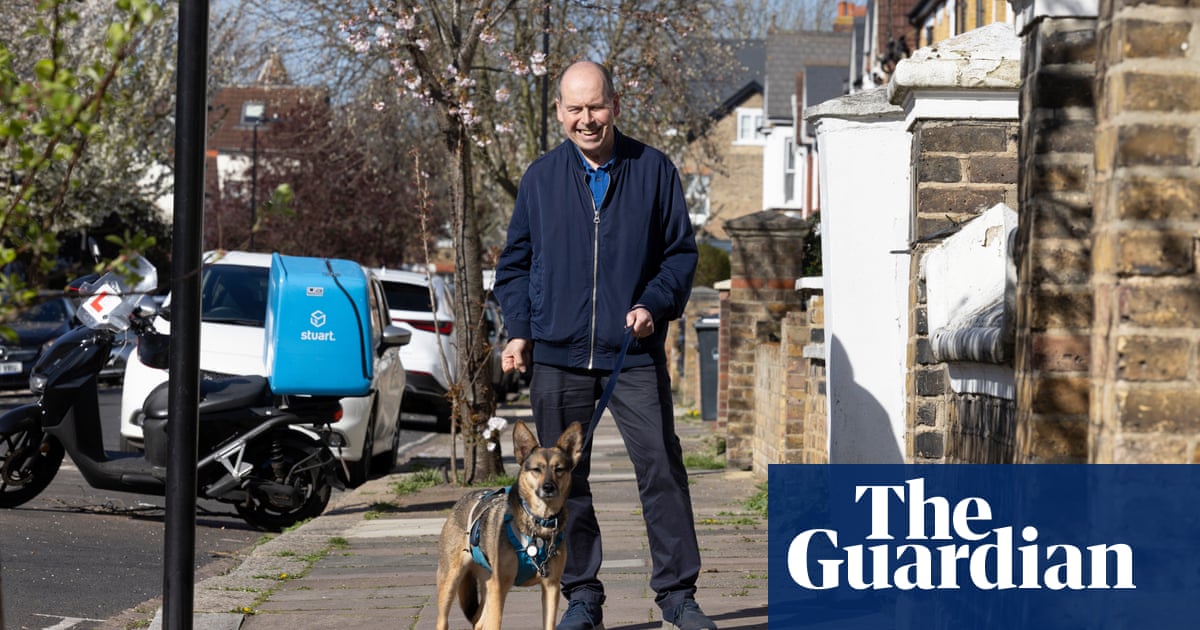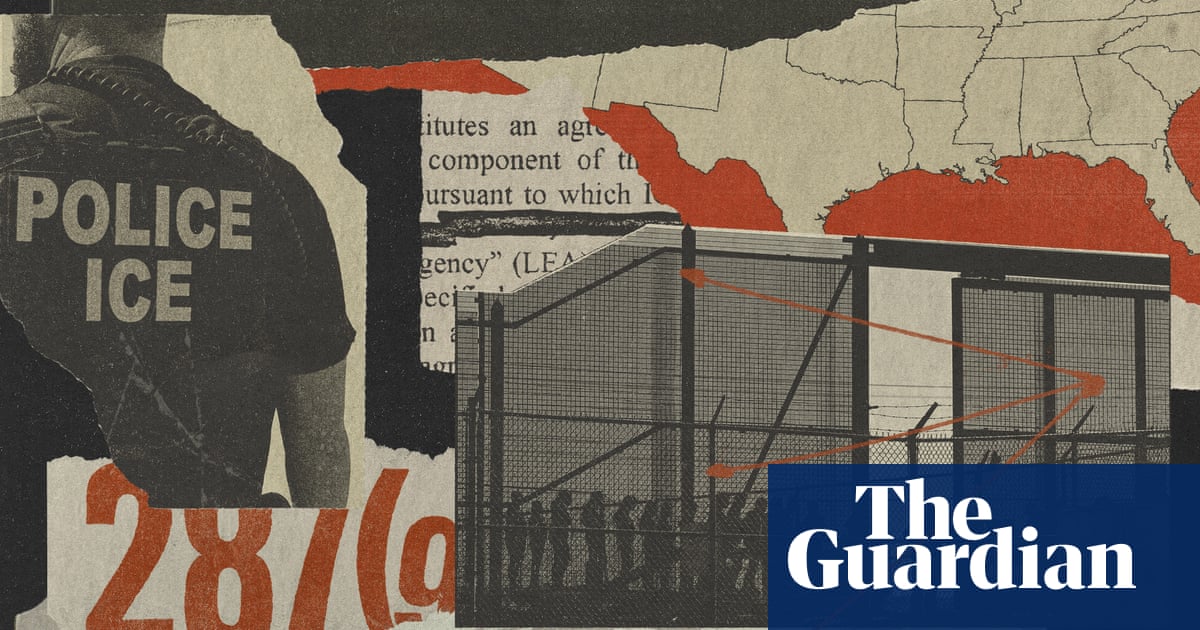The landscapes are as spectacular as the welcome is warm in the Welsh valleys, mountain villages and harbour towns, but the weather can, to put it mildly, be unreliable.
In an attempt to counter a trend of visitors staying away due to the threat of chilly sogginess, the Welsh government is launching a million-pound “weather proofing” fund for tourism businesses.
Owners of attractions will be able to apply for up to £20,000 to pay for measures such as canopies, sustainable drainage, covered seating areas, shelters or improved pathways and car park surfaces.
The Welsh Association of Visitor Attractions (WAVA), which worked with the government to develop the fund, welcomed the move and claimed Wales was the first nation to experiment with ideas to combat the effect of the climate crisis on tourism.
Ashford Price, a spokesperson for WAVA and chair of a caves centre in south Wales, said: “Meteorologists forecast that Britain will get wetter winters and wetter summers, hence not trying out new ideas is not an option. Many attractions will in future give priority to keeping their customers dry.
“Ideas range from changing grass car parking, which readily turns to mud, into stone-based car parks, to transporting visitors in land trains and then ensuring that when they queue for tickets they have a roof over them to keep them dry.
“Improved drainage will in some attractions keep play areas dry, and putting a layer of stone dust on pathways will help keep footwear dry. Some boating attractions will provide coverings over their seating areas while out looking for dolphins.”
Ironically, the Welsh government chanced on a very sunny week for the launch of the fund, but it cited data from Visit Wales, which showed that 55% of businesses said the weather was the reason for fewer visitors in summer 2024, even more than cost-of-living pressures. Almost 40% of businesses had fewer visitors last summer compared with the previous year.
The poor weather included Storm Lilian, which brought 70mph winds to Wales in August, peak summer holiday season.
Rebecca Evans, the cabinet secretary with responsibility for tourism, said tough weather had carved out the country’s impressive landscapes, but she added: “As the weather becomes more and more unpredictable, it has been identified as the single biggest factor affecting visitor numbers to Welsh attractions. Poor weather can stop them operating as normal, impact on the experience and has the potential to discourage visits in the first place.
“That’s why we have listened to the concerns of people working in the tourism attraction sector and launched this fund, helping them prepare for increasingly variable weather patterns.”
The Welsh Conservatives were not impressed, claiming the Labour government’s policies, such as tighter rules around holiday lets intended to ease the housing crisis in visitor hotspots, were to blame, with a proposed “tourism tax” likely to exacerbate the problem.
The shadow cabinet secretary for culture, tourism and sport, Gareth Davies, said: “Labour cannot seriously blame the weather for their own failures in government.”

 5 hours ago
7
5 hours ago
7













































